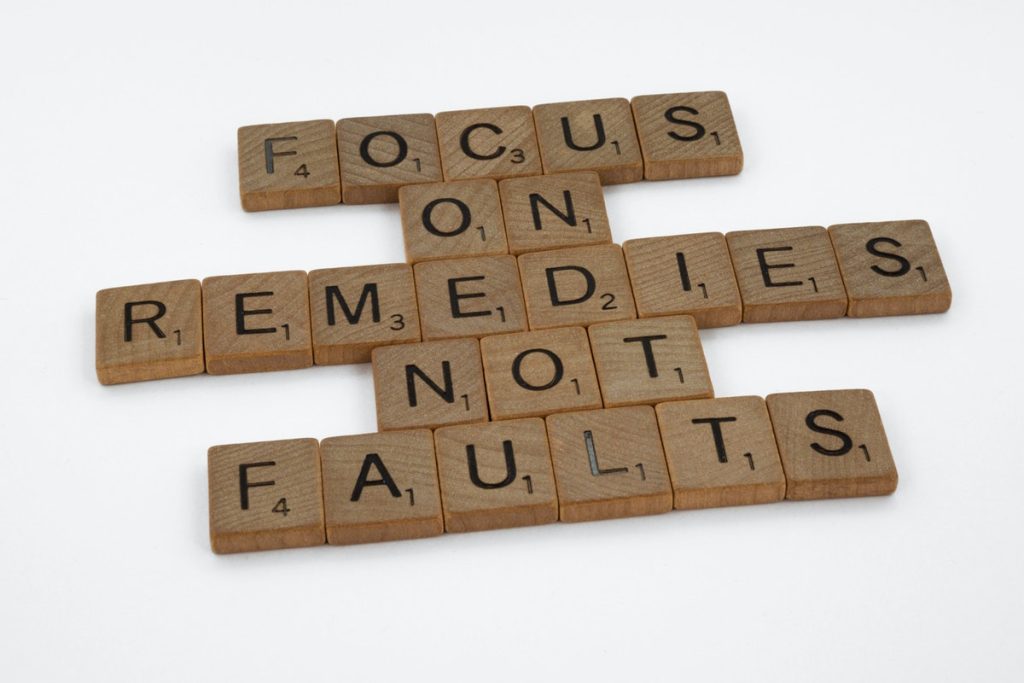Look, we understand the importance of saving money, cutting back on unnecessary expenses, and being responsible for our spending habits just as much as the next guy, but we firmly believe that there’s so much more to personal finance than just skirting around numbers. And while we could spend all day going over what NOT to do and what poor budget plans look like, we think it’s time to focus on what we SHOULD spend and emphasize the purchases that are good for you.
You see, we’re not denying the merits of preventive measures and knowing what’s wrong, but it often gives off the impression that solving your money matters almost always involves a bad side when, in reality, there’s a lot of good in it too. And to help break down these walls and give the full report on what actual financial literacy and awareness should be, we’ll be going over some of the expenses and investments that we consider smart and productive.
Anything Associated With Self-Improvement Gets A Pass
We understand that spending on self-improvement and self-care often feels like indulging in the wrong things and being irresponsible, but let us remind you that everyone deserves to better themselves as well. So, instead of looking at the net cash flows going down, a better perspective on self-improvement is to think of it as an investment into you, your growth, and your progress.
- Working On Yourself Helps You Grow: Firstly, whether it’s attending workshops to improve your technical skills or maybe even meeting with a therapist to open up about a stressor that’s been bothering you, all these forms of working on yourself help you grow out of your shell. As a result, you can do more, achieve more, and all the while feel a lot more enthusiastic about the things you can reach and accomplish.
- Essentials For Your Health & Well-Being: In addition to the emotional and spiritual dimensions of self-improvement, investing and spending on essentials for your health and well-being deserve just as much love. Sure, going to the gym to work out and visiting the dentist for your dental implants might not appear like the best investments on paper, but let’s not forget the saying that health is wealth. So, don’t think too hard about money because one’s well-being is irreplaceable.
Smart Money Allocation And Positive Cash Flows
One aspect of personal finance and budget planning that never fails to get to people is allocating their income and positive cash flows, specifically thinking that they’re not putting enough down and feel like it’s lacking. And while there’s nothing wrong with wanting to set aside more toward your savings and investments to reach financial freedom, you shouldn’t overstrain yourself with financial worries either. Therefore, try not to overthink about the specifics and stick to the initial budget ratio.
- Building Your Emergency Fund Early: One of the first things you’ll work toward is building your emergency fund early to guarantee your financial security just in case anything bad happens, from suddenly losing a job or maybe even a natural disaster. However, while you could opt to update your emergency fund regularly, don’t overdo it by bumping the numbers up every time you hit the target goal. Emergency funds are supposed to help you in a crisis and not put you in a bind.
- Reworking Your Investment Plan: An excellent way of spending your money is by reworking your investment plan and evaluating which dividend-paying stocks will provide the most future economic benefit. And, unlike normal spending that ends at the purchase, buying shares into a company increases your net worth and pays you back over time. Of course, try not to put everything back into investments and leave some for yourself as well.
A Bit Of Fun And Entertainment Doesn’t Hurt.
Last but not least, despite spending too much on fun and entertainment usually leading to poor spending habits, it doesn’t hurt to reward yourself now and then, as long as you keep it in moderation. You see, improving your finances and understanding your money matters shouldn’t come at the expense of everything else you enjoy in life. So, cut yourself some slack and get a little breathing room for you to explore your hobbies too.
- Rewards Your Deserve Vs. Impulse Buys: There’s a big difference between rewards and impulse buys, and a great distinction between the two is finding out the purpose and intention for the purchase. As a result, you’ll know when you’re acting out on impulse when you don’t deserve it or don’t have an actual need for the product. However, if you’ve just survived through one hell of a week at work, then you’re free to rewatch The Eternals to spot out Harry Styles once again and get that slice of relaxation.
What’s Money Really Worth If You Can’t Spend It?

At the end of the day, what purpose does all that money serve if you can’t spend it or use it to improve yourself or enjoy the finer things in life? So, before you get all stingy with your savings and investments, it’s time you understand that good spending habits exist too.

